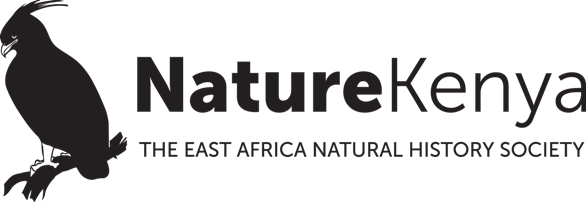By Joshua Sese
The Cherangani Hills Key Biodiversity Area (KBA) on the western ridge of the Rift Valley, traverses across Elgeyo Marakwet, Trans Nzoia, and West Pokot counties. Cherengani Hills KBA is characterized by an undulating terrain with steep hills and a series of expansive indigenous forests, savanna and grassland habitats. The site is part of the Eastern Afromontane Biodiversity Hotspot, and one of Kenya’s five main ‘water towers’. It hosts the headwaters for Kerio and Turkwel rivers draining into Lake Turkana, and river Nzoia draining into Lake Victoria.
Cherangani Hills ecosystem is home to globally threatened and endemic flora such as Dendrosenecio cheranganiensis – EN and Parasol tree Polyscias kikuyuensis – NT, and regionally threatened fauna such as De Brazza’s Monkey (Cercopithecus neglectus), Crowned Eagle (Stephanoaetus coronatus – NT), and perhaps the elusive Lammergeier or Bearded Vulture (Gypaetus barbatus – NT), among others. Most of the highland forests are gazetted as Forest Reserves.
Despite the undoubted significance of the KBA, impacts of climate change and increased anthropogenic pressures in the region continuously threaten its persistence. The human activities affecting the KBA include illegal logging, charcoal production, and encroachment and land clearing for agriculture and settlement. Unsustainable land use practices such as overgrazing, land fragmentation and clearing, have led to soil erosion and degradation. Unchecked encroachment in the KBA has led to frequent human-wildlife conflict incidents. Forest fires are frequent, especially during the dry season, stemming from slash-and-burn land preparation methods, use of fire during honey harvesting, and burning of grazing land to allow for pasture regeneration. Inadequate awareness of the KBA’s ecological significance and poor enforcement of safeguarding measures also impede conservation efforts.
Chebororwa Sekemiat Site Support Group (SSG) is the local community organization championing the conservation of the Cherangani Hills KBA. The SSG actively engages in tree planting and growing, biodiversity monitoring, and conservation awareness creation. It undertakes environmental education through school outreach programmes, community gatherings, and marking national and global awareness days such as World Environment Day. Chebororwa Sekemiat SSG also promotes sustainable community livelihood activities such as beekeeping and tree seedling production.
